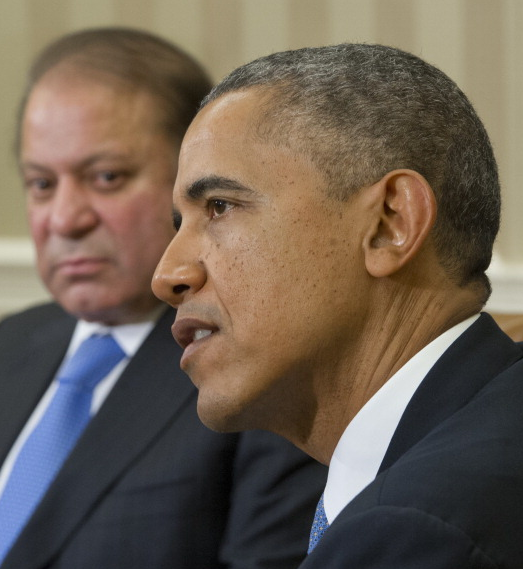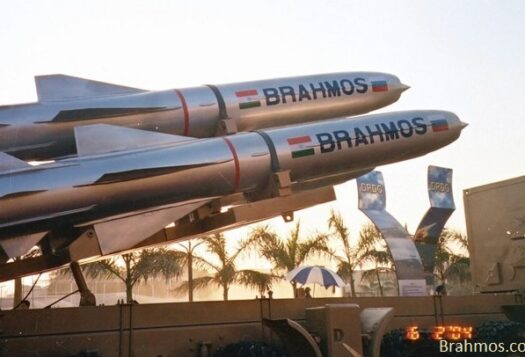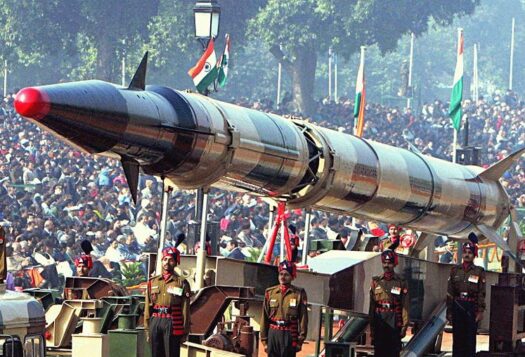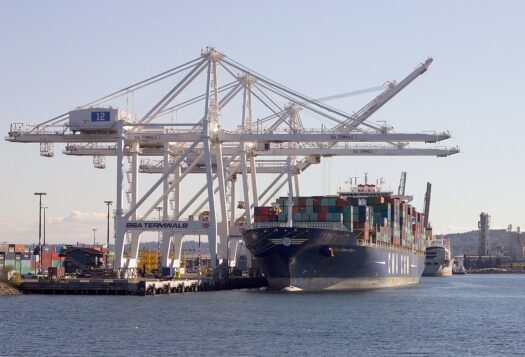
Dear Prime Minister Nawaz Sharif:
Thank you for your letter. We certainly have a lot more to discuss, not only on issues of mutual concern, but also regarding the world at large. The United States and its allies are committed to securing the world from nuclear dangers. The risk of nuclear terrorism has not gone away, although the possibility of non-state actors and terrorist organizations acquiring nuclear material has been considerably reduced. The United States lauds sincere efforts rendered by our allies to strengthen global nuclear security regimes through international cooperation. As you know, hundred= kilograms of weapon-usable nuclear material have been recovered or eliminated, in order to make our world safer than ever. I look forward to hosting the fourth and final Nuclear Security Summit from March 31 to April 1 in Washington to carry on this vital mission.
The United States appreciates Pakistan’s counterterrorism efforts with the Zarb-e-Azb campaign, while also lamenting the loss of precious Pakistani life and property. We strongly condemn Sunday’s terrorist attack in Lahore and send our deepest condolences to the victims’ loved ones. However, Pakistan needs to take greater responsibility in the region due to its geo-strategic position. It needs to expedite its efforts to disrupt and dismantle terrorist networks for the stability of the region. The United States expects Pakistan to coordinate with Kabul to manage cross-border terrorist activity and uproot the Haqqani Network through the on-going operation in North Waziristan. This is crucial because congressional concern over the lack of substantive Pakistani action against the Haqqani Network is delaying support for the Coalition Support Fund (CSF). America wants to help Pakistan defeat the menace of terrorism, but at the same time, it will not allow any Pakistani negligence in this regard. The F-16 deal remains stalled in the Senate, but I believe the jets are genuinely needed for Pakistan to continue to combat terrorism, and my administration is committed to bringing this deal to its logical conclusion.
We continue to have serious concerns regarding Pakistan’s growing nuclear arsenal along with the introduction of battlefield and long-range delivery systems. Pakistan claims that its full spectrum deterrence posture is in accordance with its stated policy of “credible minimum deterrence,” but a full spectrum posture would, in theory, imply a strategy of war-fighting rather than deterrence.
Pakistan’s technological pursuits are alarming considering the volatile security environment in the region. The United States understands the value of deterrence as witnessed during the Cold War. However, we have realized the efficacy of strategic sufficiency as a pre-requisite to strategic stability. It was reciprocated equally from the Soviet side then, and now Russia is in cooperation with us to bilaterally reduce arsenals. Despite the unprecedented race for technological dominance in conventional and strategic forces during the Cold War, both super powers considered arms control as a means to manage the East-West rivalry. The nuclear-armed neighbors in South Asia have yet to embark on any meaningful arms control agreement or any arrangement to minimize the risk of inadvertent use of nuclear weapons during crises situations.
Pakistan, like any other country, has every right to communicate its security concerns as long as it does not jeopardize global nonproliferation goals. We expect progress on Fissile Material Cut-off Treaty (FMCT) talks, currently stalled solely by Pakistan. We firmly believe in political engagement and the dialogue process to resolve complicated issues. Valuing Pakistan as a key partner in the region, the U.S.-Pakistan Strategic Dialogue is making substantial progress, and we hope that continues in future.
I look forward to seeing you at the Summit.
Thank you for the wonderful gift. Michelle loved the diamonds!
Sincerely,
Barack Obama
**************
As heads of state gather in Washington, D.C. for the final Nuclear Security Summit this week, what would South Asia’s leaders say to President Barack Obama? In this series, two SAV contributors speculate what Indian Prime Minister Narendra Modi and Pakistani Prime Minister Nawaz Sharif might convey to the U.S. president on their country’s nuclear security accomplishments, areas for improvement, and an issue they would like on the agenda at the Summit. Two other contributors sketch out how President Obama might respond. Read the entire series here.
***
Image: Saul Loeb-AFP, Getty


